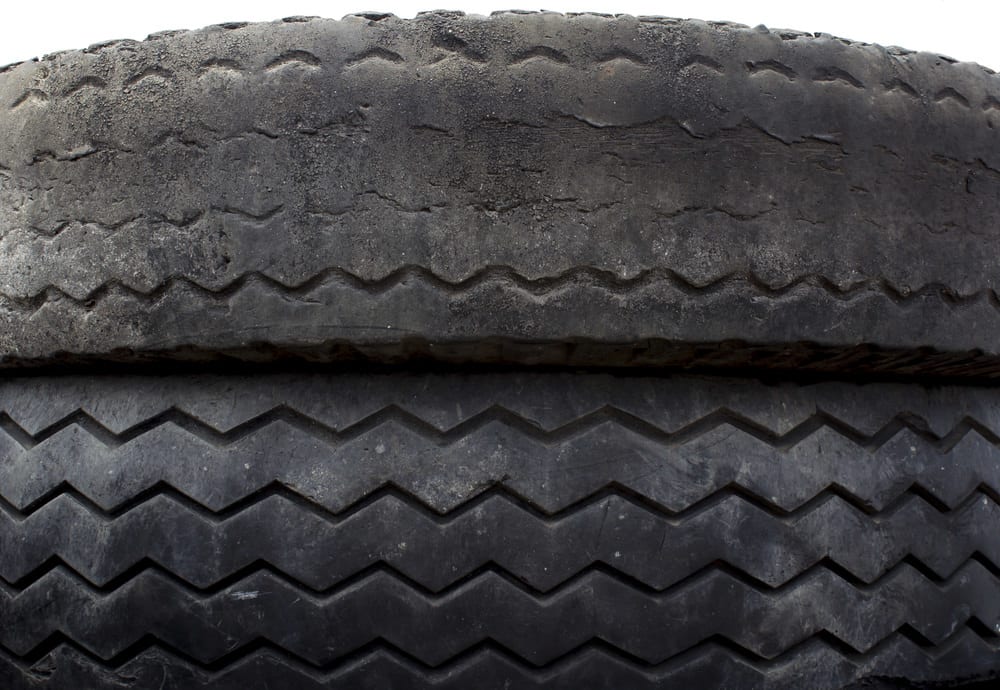

Finding out you need new tires often comes as a surprise and you may wonder how it’s possible that you need them already. You don’t speed. You don’t drive like a crazy person. You don’t mash the accelerator from a stop light or slam on the brakes. So how is it possible you need new tires so soon?
That’s the thing about uneven tire wear. You may not notice it happening but the life on your tires is constantly wearing away. Premature or uneven tire wear is caused by a number of factors:
- Loose or worn suspension components
- Worn out or leaking steering parts
- Uneven and incorrect tire pressure
- Wheels out of alignment
Your uneven tire wear can be caused by one or more of these problems at any given time, many of which you may never notice at all.
Loose or worn suspension parts, such as a leaking strut, a broken coil spring, or a worn out shock can contribute to uneven tire wear.
Worn out steering components, such as a loose ball joint, worn out tie rod end, or excessive play in the rack and pinion mean that the tires aren’t held fast at the angle they should be at. That causes tire scrub, a condition where excess friction will quickly wear away tire tread.
Incorrect tire pressures will cause excessive tire wear, even if its only off by as little as 6 psi from the specified pressure. Over-inflation will cause the center of the tread to wear out faster, whereas under-inflation will cause the inner and outer shoulders to wear out quickly.
Wheel alignment plays a major role in tire wear. Like worn steering components, if a tire is at an incorrect angle, tire scrub will cause excessive tire wear noticeably quicker on the affected wheel.
How can you prevent uneven tire wear?
Routine maintenance procedures like tire pressure adjustments, four-wheel alignments, and regular comprehensive vehicle inspections can identify issues before uneven tire wear begins. Once excessive tire wear has begun, the damage can’t be reversed as part of the tread is already gone. Having the affected tires rotated to positions less susceptible to wear will assist in extending their useful life if the wear is not too extreme, as long as it doesn’t affect the driving feel. The only other correction is having the tires replaced.



